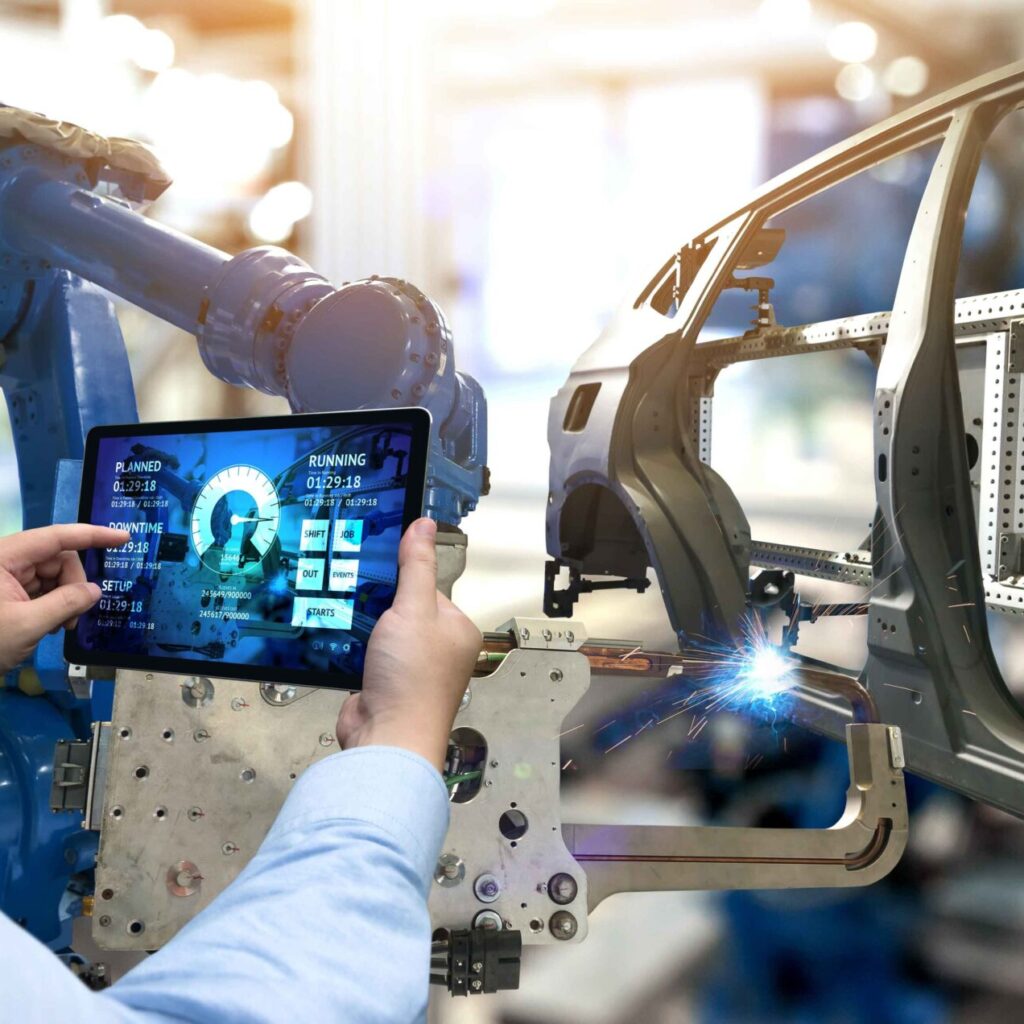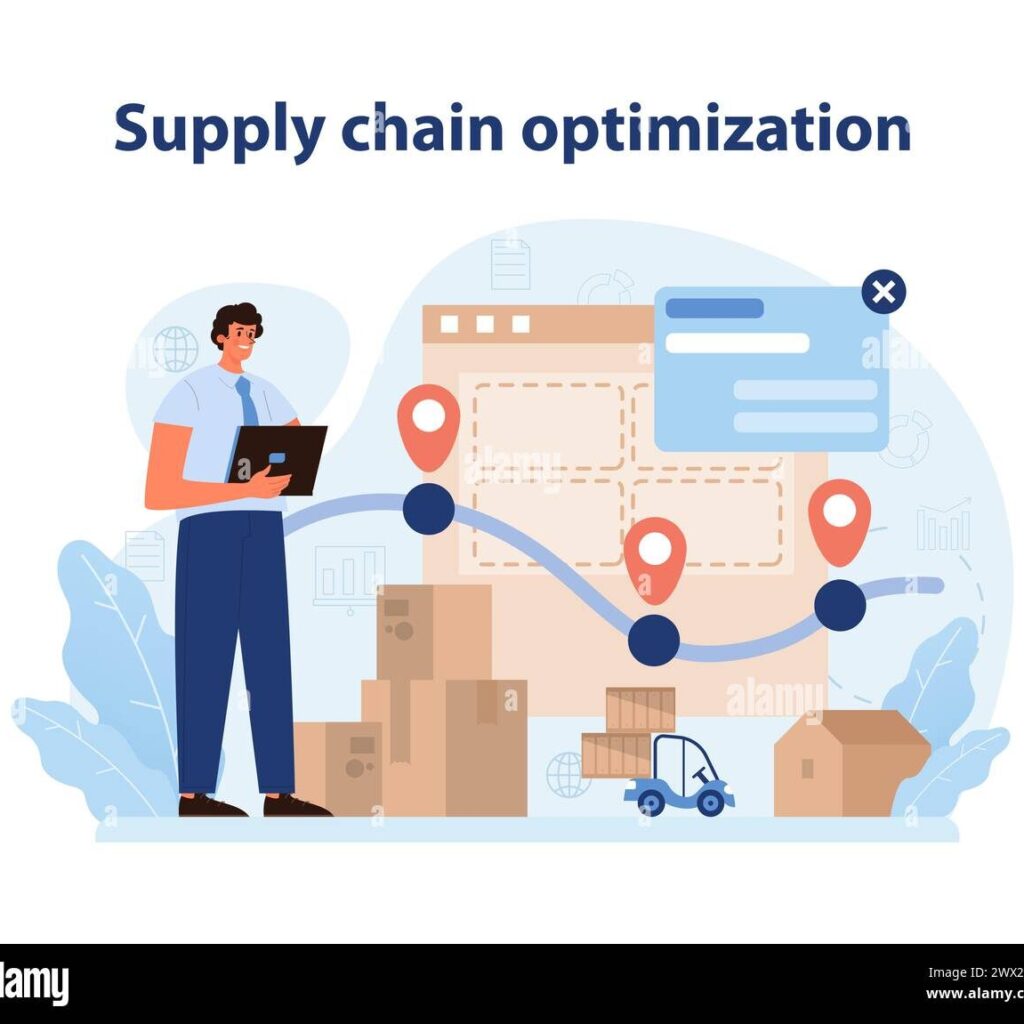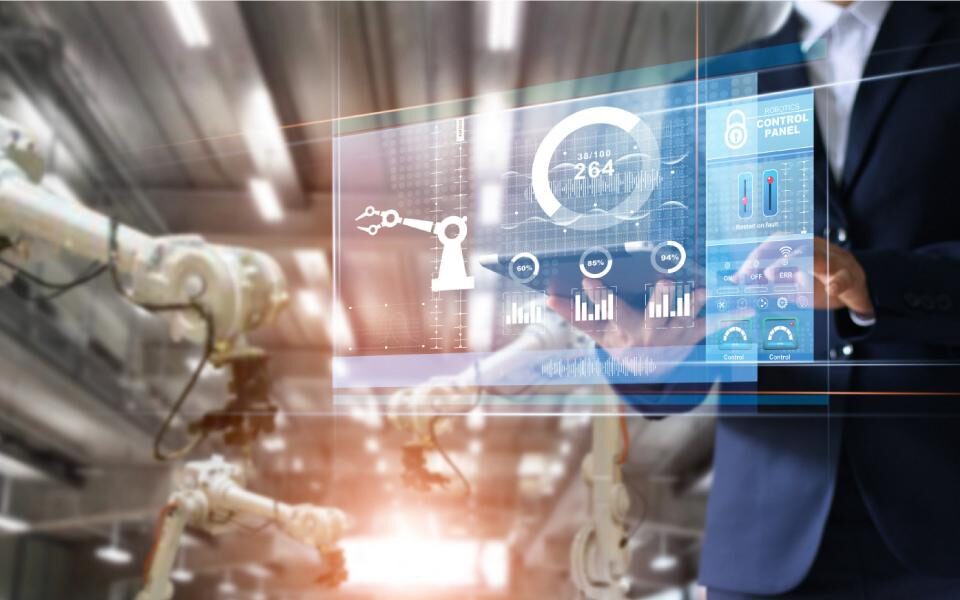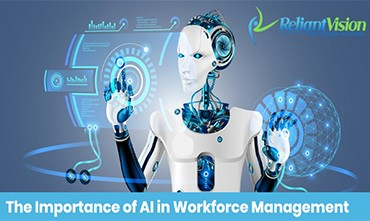Introduction
Time is money, especially in manufacturing. Every minute wasted on delays, bottlenecks, and inefficiencies translates into lost revenue. But what if artificial intelligence (AI) could step in and significantly reduce lead times in complex manufacturing processes? Imagine a world where production runs like clockwork, predictive insights prevent issues before they arise, and automation streamlines operations. That world is not a distant dream it’s happening right now. In this article, we’ll explore how AI is transforming manufacturing and slashing lead times.
Understanding Lead Time in Manufacturing
Before diving into AI’s role, let’s clarify what lead time means in manufacturing. Simply put, lead time is the total time it takes to manufacture a product from start to finish. This includes:
- Order processing time: The time taken to receive and process an order.
- Production time: The duration required to manufacture the product.
- Inspection and quality assurance: Ensuring the product meets standards.
- Shipping and delivery: The final stage before the product reaches the customer.
Reducing lead time without compromising quality is a key challenge. This is where AI comes in.
The Role of AI in Reducing Lead Times
1. Predictive Maintenance for Machinery

Machine failures can bring production to a grinding halt. Traditional maintenance is often reactive, fixing issues only after they occur. AI-powered predictive maintenance changes the game by:
- Analyzing sensor data to detect early signs of wear and tear.
- Predicting when a machine is likely to fail, allowing for timely intervention.
- Reducing unplanned downtime and ensuring a smooth production flow.
2. Real-Time Supply Chain Optimization

Supply chain disruptions are a leading cause of extended lead times. AI helps optimize supply chains by:
- Predicting demand fluctuations and adjusting inventory levels accordingly.
- Identifying potential delays in material procurement and finding alternative suppliers.
- Enhancing logistics planning to ensure materials arrive on time.
3. AI-Driven Process Automation
Manual processes slow down production. AI-driven automation accelerates workflows by:
- Streamlining assembly line operations with robotic process automation (RPA).
- Optimizing scheduling to minimize idle time and maximize efficiency.
- Enhancing quality control with AI-powered defect detection.
4. Smart Scheduling and Production Planning

AI can analyze vast amounts of data to create efficient production schedules. Benefits include:
- Dynamic scheduling that adapts to real-time changes.
- Reduced setup times by optimizing production sequences.
- Improved workforce allocation for maximum productivity.
5. Enhanced Quality Control
Quality issues can lead to rework and extended lead times. AI-driven quality control:
- Uses computer vision to detect defects in real time.
- Reduces human error and increases inspection accuracy.
- Ensures products meet specifications, preventing delays due to quality issues.
6. AI-Enabled Demand Forecasting

Accurate demand forecasting prevents overproduction and underproduction. AI improves forecasting by:
- Analyzing historical sales data and market trends.
- Predicting customer demand with high accuracy.
- Allowing manufacturers to adjust production schedules proactively.
7. Digital Twin Technology
A digital twin is a virtual replica of a manufacturing process or system. AI-powered digital twins help by:
- Simulating production scenarios to identify potential bottlenecks.
- Testing new workflows without disrupting real-world operations.
- Optimizing processes to reduce lead times.
8. AI in Inventory Management
Holding excess inventory ties up capital, while stockouts cause delays. AI-driven inventory management ensures:
- Real-time monitoring of stock levels.
- Automated restocking based on predictive analytics.
- Just-in-time inventory management to reduce waste and improve efficiency.
9. AI in Workforce Management

Skilled labor shortages can increase lead times. AI helps by:
- Optimizing shift schedules to balance workloads.
- Providing virtual training for new employees using AI simulations.
- Enhancing worker productivity with AI-assisted decision-making.
10. AI-Powered Robotics in Manufacturing
Industrial robots, powered by AI, enhance manufacturing speed and precision. They:
- Work 24/7 without fatigue.
- Handle repetitive tasks with high accuracy.
- Adapt to new production requirements with minimal reprogramming.
11. AI for Order Processing and Customer Communication
Slow order processing delays production. AI improves this by:
- Automating order entry and verification.
- Providing instant order tracking updates to customers.
- Using chatbots to handle customer inquiries efficiently.
This Summer Work Abroad Program Lets You Explore the US & Build Your Resume
12. AI and Energy Efficiency
Energy costs contribute to overall production expenses. AI-driven energy management:
- Optimizes energy consumption based on production needs.
- Identifies inefficiencies in energy usage.
- Reduces waste, lowering costs and improving sustainability.
13. AI for Compliance and Risk Management
Manufacturers must adhere to regulations and safety standards. AI helps by:
- Monitoring compliance requirements in real-time.
- Detecting potential risks before they escalate.
- Automating documentation for audits and certifications.
14. AI in Custom Manufacturing
Mass customization can slow down production. AI streamlines this by:
- Automating design modifications based on customer preferences.
- Optimizing production lines for batch customization.
- Reducing turnaround time for custom orders.
15. The Future of AI in Manufacturing
As AI technology advances, we can expect:
- Greater integration with IoT: AI and IoT devices will communicate seamlessly.
- More sophisticated AI algorithms: Leading to even smarter automation and decision-making.
- AI-driven smart factories: Fully autonomous facilities with minimal human intervention.
Conclusion
AI is revolutionizing complex manufacturing processes by significantly reducing lead times. From predictive maintenance and real-time supply chain management to AI-powered robotics and digital twin technology, AI optimizes every stage of production. The result? Faster, more efficient, and cost-effective manufacturing.
Embracing AI is no longer optional; it’s a necessity for staying competitive. As AI continues to evolve, manufacturers who leverage its power will lead the way into the future.
FAQs
1. How does AI help in reducing production delays?
AI predicts potential bottlenecks, optimizes workflows, and ensures seamless machine operations, reducing production delays.
2. Can AI completely automate manufacturing processes?
While AI can automate many tasks, human oversight is still needed for complex decision-making and quality assurance.
3. Is AI implementation expensive for manufacturers?
Initial AI implementation can be costly, but long-term benefits like reduced downtime and increased efficiency outweigh the investment.
4. How does AI improve supply chain management?
AI predicts demand, identifies risks, and automates logistics planning, ensuring timely material procurement and delivery.
5. What industries benefit the most from AI in manufacturing?
Industries like automotive, aerospace, electronics, and pharmaceuticals see the greatest impact from AI-driven manufacturing efficiencies.

